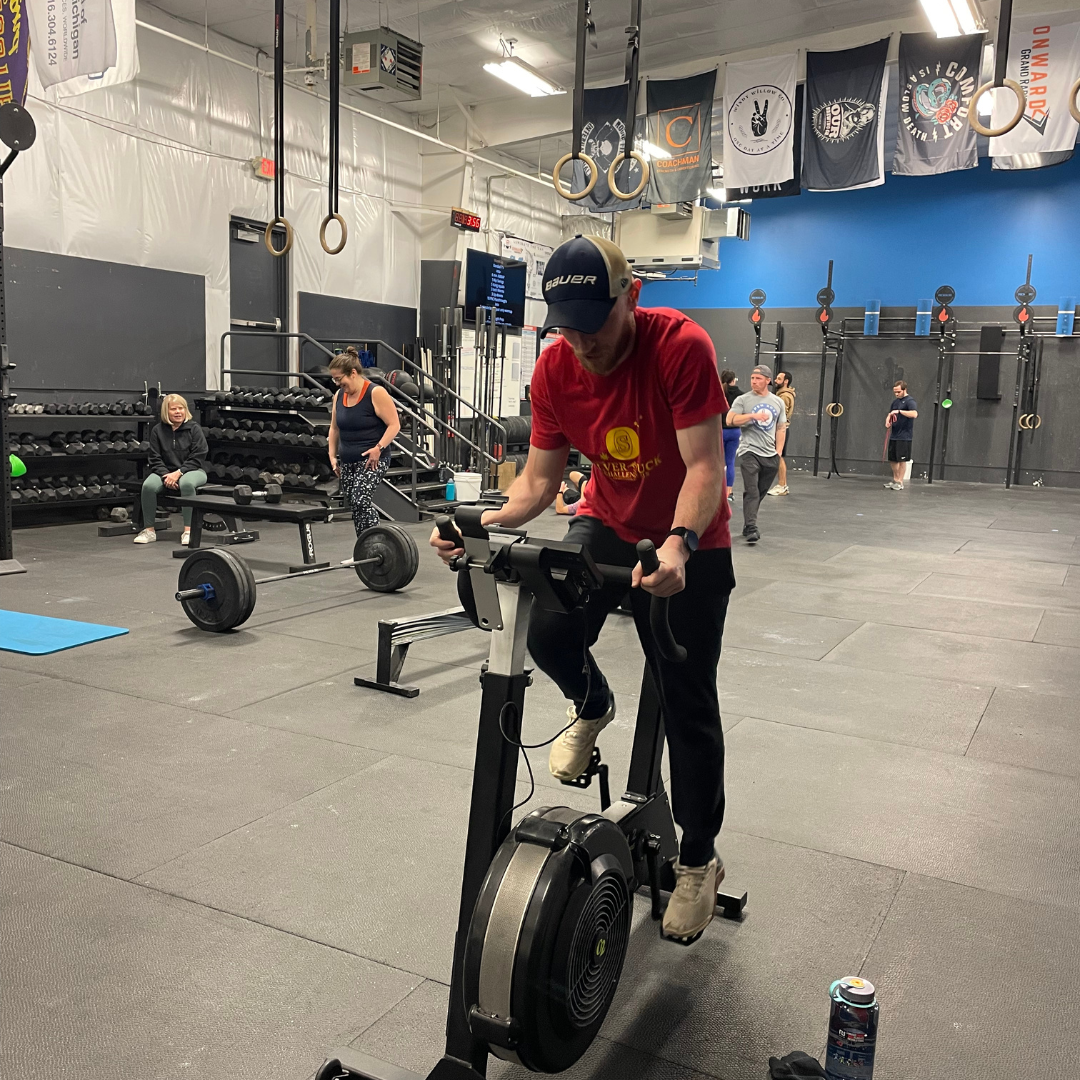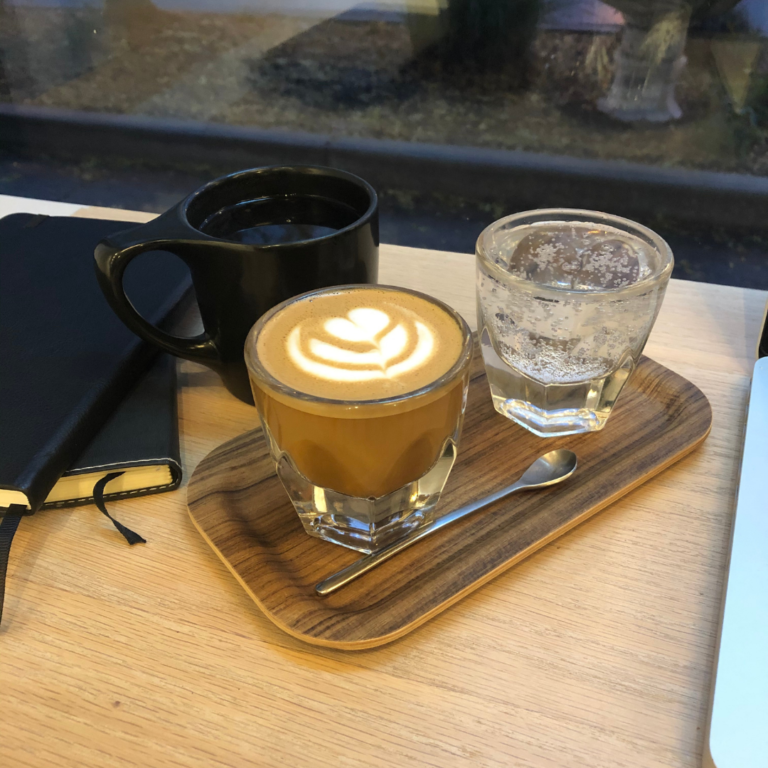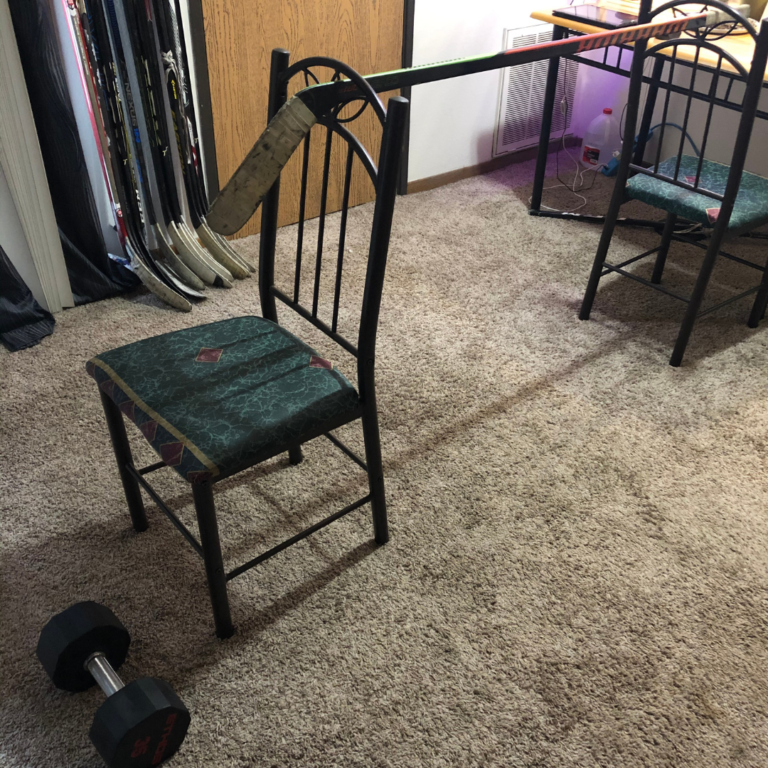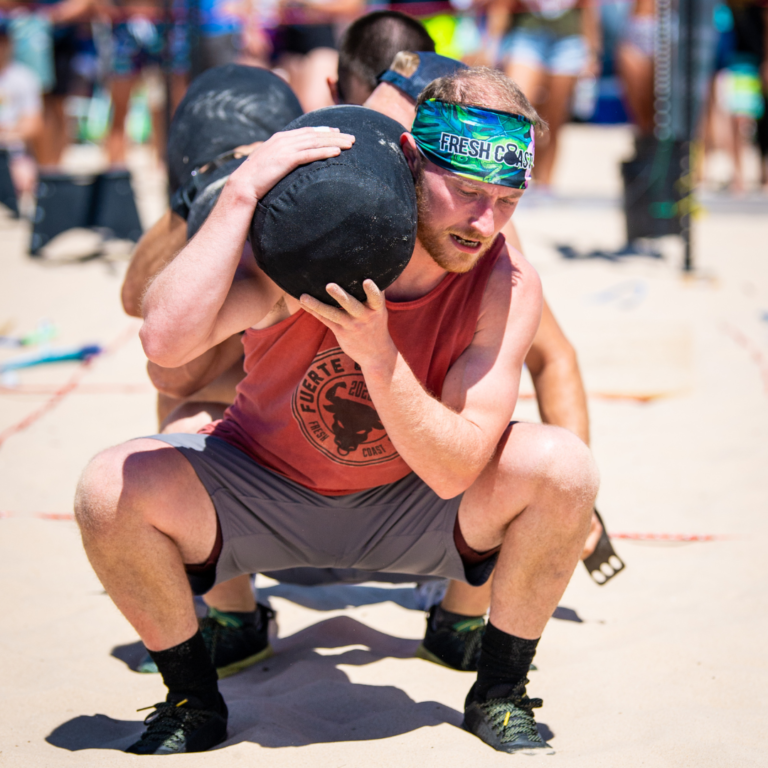“You have your way. I have my way. As for the right way, the correct way, and the only way, it does not exist.” -Friedrich Wilhelm Nietzsche
I’m sure you have heard or have found out by now, but you are an individual. A true 1 of 1!
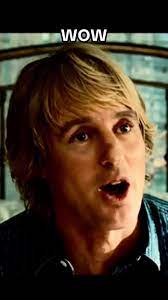
This article isn’t going to go into how different we all are, instead, it aims to help you make better decisions for your unique life through self experimentation and hopefully to see the importance in doing so.
—>side note: This is not medical advice. To paraphrase something that Tim Ferriss says all the time, “I’m not a doctor and don’t pretend to be one on the internet. Use common sense and seek help from a medical professional when necessary.”
Before we go into examples and areas of self experimentation it’s important to discuss why this is important in the first place.
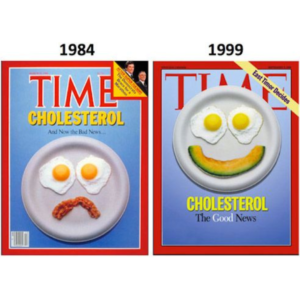
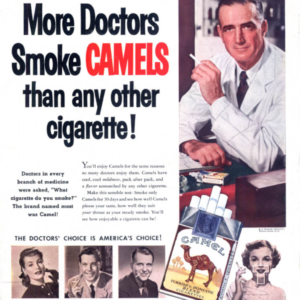
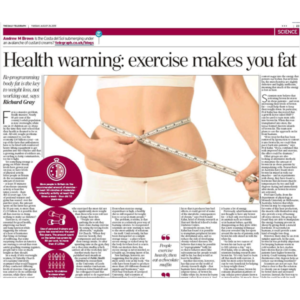
While science is amazing and has allowed us to have the modern amenities we typically take for granted every day, we unfortunately also live in a time where science can be used and/or funded to back up anything.
We also live in a time where the news, media, and influencers use sensationalism and views as the main metric of success verses truth or value provided.
“So trust nothing or no one? Great advice….”
No, not that.
What I mean is to go into things with curiosity and skepticism, while also having a decent understanding of the principles involved and your own values/beliefs to ground you.
—>side note: correlation vs causation. Understanding the difference between the two can be massively beneficial for understanding what most studies actually are showing verses how they are touted or marketed. Correlation is a relationship between two events or outcomes, while causation is when one event directly causes another.
Second and most important when it comes to self experimentation, is your own felt experience.
No one will live your life but you, therefore your choices and actions would be best suited if they were aimed around the activities, people, and things you enjoy and that enrich your life.
You find out what’s best for you by experience, not what someone says you should do or enjoy.
An easy way to demonstrate this is two people can be at the same event (concert, style of gym/exercise, trying a new food or restaurant etc.) and be having two completely different experiences.
Again, your personal experience is number one. Finding what works best for you and what enriches you the most takes some experimentation and awareness but can greatly improve your overall wellness.
“The felt presence of immediate experience – this is all you know. Everything else comes as unconfirmed rumor.” -Terence Mckenna
What This Looks Like In Everyday Life:
How to self experiment:
1.) Base line —> 2.) test period —> 3.) compare & adapt (notes and data)
We will use an easy example to demonstrate.
Let’s say you want to improve your flexibility.
To start we need to get a baseline of the subjective (feeling/personal experience) and the objective (where you’re starting from/measurable improvements)
– 1.) Base Line: You feel tight or a lack of mobility. For this example lets say reaching down and touching your toes. Now simply reach down and see where you currently are.
Let’s say you can get your wrists to your knees.
Next we will plan out our test or trial period.
– 2.) Test Period: For 2 weeks you commit to stretching for 5 minutes per day.
Now we execute for the duration of your selected testing period while gathering subjective and objective data.
– 3.) Compare & Adapt: By this point you subjectively should have an idea of how everything went/is going. (You feel more mobile, have more energy and confidence, feel happier etc.)
While the subjective data is arguably more important (aka your own felt experience), if you ignore the measurable data points then you’re going against the reality of the results.
For the example above lets use two different outcomes to demonstrate this.
a.) you feel better and your mobility is better (you can now get your wrists to your ankles)
– Awesome! keep going or plan something else to focus on that can build off of these results.
b.) you feel better but your mobility is no better.
– You did something that made you feel better, GREAT!
However, with no physical improvements made now you can choose to either do different stretches to see if they work better, prolong the test period and see if 4-6 weeks etc. does the trick, or seek out help from a friend or coach.
c.) Bonus!
– Let’s say you did not enjoy your experience during the test but you did see improvements. You can either choose to say “good enough!” and move onto something you enjoy more (while still making sure you’re not regressing the progress made by checking in every so often)
Or, if you hated the experience and don’t see/feel any benefit in your efforts then move on and do something else that sounds more appealing.
Now that we have a general idea of how to self experiment, let’s end with some examples/areas within your life you can experiment in.
Areas & Examples for Self Experimentation:
Physical:
-What nutritional method helps you feel full and energetic? –> It could be the typical 3 meals a day, maybe it’s getting 30 grams of protein within 30 minutes of waking up, it could be fasting/having an eating window, carb back loading etc. (check out our No Diet Diet Ebook for more on this)
-What’s the opposite of what you currently do? –> Lift all the time? Try some Cardio. Only do yoga? Try lifting once per week etc. Experimenting with the opposite of what you routinely do can help to create balance and potentially help you find other things you enjoy and find fun!
-What would it look like if it were easy to always do something physical each day? –> This is a great way to experiment with finding the minimum effective way to create action. Maybe some days it’s stretching while watching T.V., other days it could be hitting the gym on the way home from work, maybe it’s including your kids if you don’t have time that day etc. (I ask myself this question all the time for various areas and hope it gets your brain turning as much as it does mine!)
Mental:
-Self guided learning aka when/how do you learn best? –> Do you do better by listening, watching, doing, do you learn best in the morning or at night, in groups, solo, with a coach/friend etc. knowing this can greatly help you learn new things faster and with less resistance.
-What meditative type activities work best for you? –> Everyone needs some form of mental calming or a meditative type habit. This could be meditation or it could be things like going for a walk, reading, drawing, gardening, playing an instrument, talking with a loved one etc.
-What accountability style works best for you? –> Do you do better with checking in with your goals frequently, maybe getting someone else involved to help, have a financial incentive etc. (Check out our Free Accountability Ebook for more on this)
Individual Wellness:
-What environment is best for you? –> This could be for various things; productivity, conducive to mobility/strength, relaxing etc. What is in these environments, or what aspects within a certain space create this feeling within yourself?
-How do you best practice authentic self expression? –> If you don’t know where to start then reconnect with things you enjoyed/wanted to do when you were young. This could be creating art or music in your free time, reading books that don’t relate to work/productivity, trying that new sport or hobby etc.
-What if I had to live this day 10,000+ times in a row? –> This idea came from Max Shank and is a different take on “if you were to die today what would you do”, (but is more constructive in my opinion). What would the day look like and include?
~~~
Self experimentation is all about finding and creating a life that works best for you.
It’s about leaning into your true self authenticity and making the most of the time you have here on this earth.
You know better than anyone what this entails, and if not it’s time to reflect and experiment to find out!
“To be yourself in a world that is constantly trying to make you into something else is the greatest accomplishment” -Ralph Waldo Emerson
To Your Success,
Josh
P.S. If you aren’t already, make sure you join our free membership for more resources on all of these areas of health and wellness!
